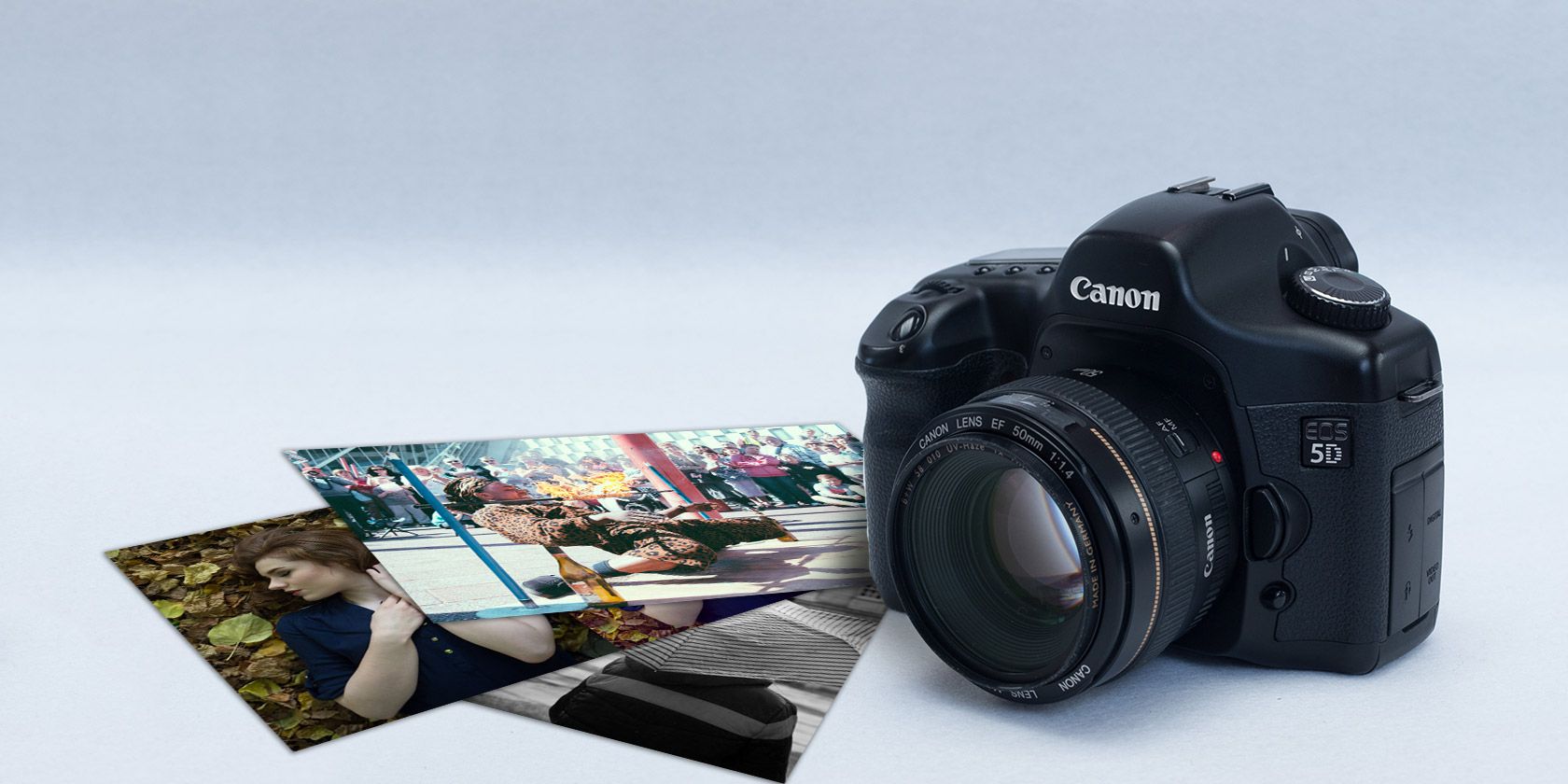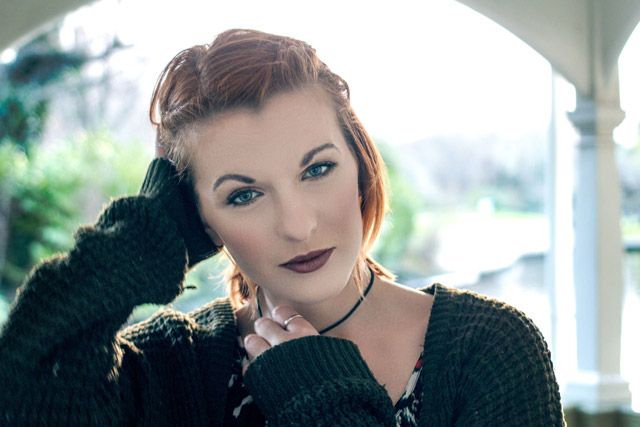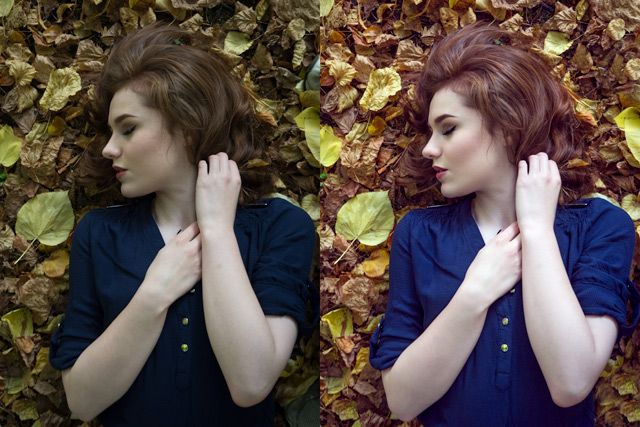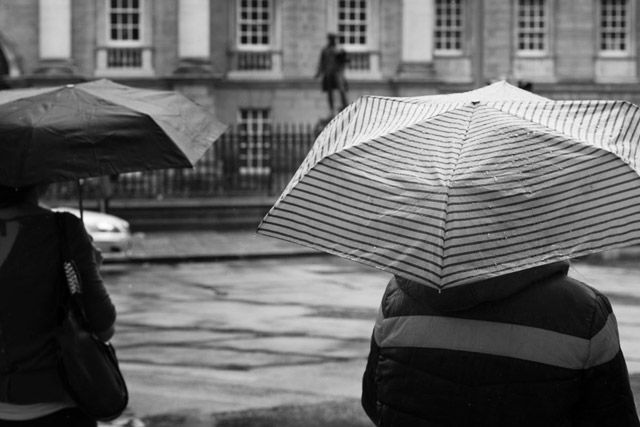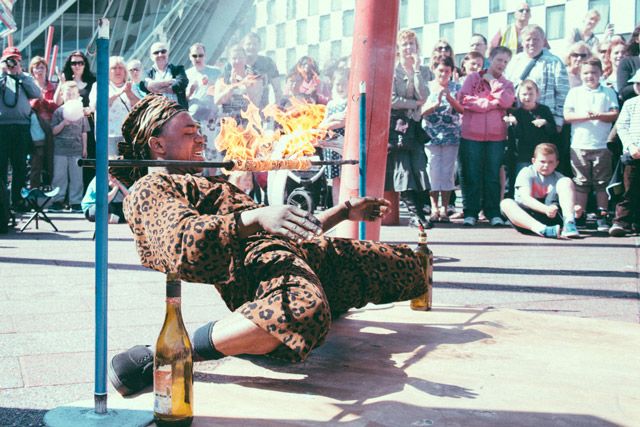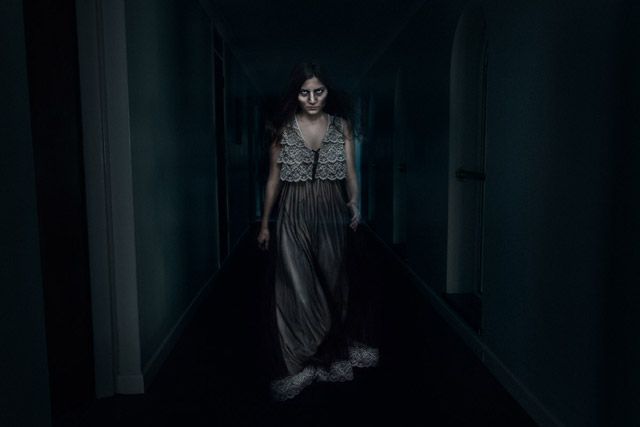While there are plenty of ways to improve your photos, the best way is to improve the process by which you take them. If you get better at actually shooting pictures then the images that result naturally get better. No amount of tips and tricks can ever beat really understanding what you're doing.
I've been a professional photographer for a few years now and there's plenty I wish I'd been told when I started out. All the tips in this article are things that can have a dramatic effect. Manually controlling your camera, editing your images, or just getting closer to your subject are all simple things to do that will drastically improve your photography.
Get Out of Auto
The most important skill you need as a photographer is the ability to control your camera. If you want to take a good photo, you need to make deliberate decisions about how you are going to do it. Allowing your camera to do everything might get you the occasional acceptable image but it's the equivalent of using paint by numbers; even if the resulting image is good, you didn't have much of a hand in it. You really should be shooting in full manual mode or one of the two priority modes: aperture priority or shutter speed priority.
To get out of auto you need to understand the exposure triangle (which we covered in our beginners' guide). Once you have a grasp on the relationship between shutter speed, aperture, and ISO, you can start to decide how you'd like to take the photo rather than just letting your camera make every decision.
Do you want a blurry, bokeh filled background? Then you're going to need to use a wider aperture. Do you want everything sharp in the image? Then it'll be a tighter aperture. What happens if it's night? Then you need to make some careful choices.
Your camera just can't make these decisions as well as you can.
Learn to Use Lightroom
If you're serious about photography you should learn to use Lightroom. Not only does it create a catalogue of all your images, but it's a great image editor. It is where a lot of photographers spend most of their time - more so than anywhere else.
Lightroom is simple to learn. If you spend a weekend reading up on how to use it you'll be well up to speed. It's definitely worth the investment of your time; post processing is an important part of photography. It's here that you take the rough image and craft it so that it fully fits your vision. If you're not post-processing your images, you won't be getting the best out of them.
I made a list of 7 awesome sites for learning how to use Photoshop and many of the same sites have great Lightroom tutorials.
Camera On, Lens Cap Off
Photography is an incredibly interesting art form. Some of the best photos are carefully crafted and designed, while others are a matter of circumstance and timing.
The first kind is, in many ways, easier. You need to develop a sense for composition, learn to use studio lighting, work with a team, and a lot more, but you can take your time and do it. To capture a stunning photo at just the right instant, to see an event happening for just two or three seconds and know when to push the shutter button; that's when you're a true master of the craft.
To maximise your chances of creating an impromptu street photography masterpiece you need to be ready at all times. There is nothing worse than seeing the perfect photo and missing it because you left your lens cap on or your camera was turned off.
When you are out photographing with your camera, the lens cap should always be in your pocket, and your camera should always be turned on and set up so you can quickly take a picture. I like to walk around with my camera in aperture priority mode set to f/8 with autofocus and burst mode on. This means that I can quickly react to any opportunity and take what I know will be an acceptable image. If I've more time to react then I can change the settings or be more selective about when I trigger the shutter but that's a luxury.
Start keeping your lens cap off and your camera on when you're out. You'll be surprised out how many more awesome photographic opportunities you get.
Get Close, Get Closer
Cheap point and shoot cameras have a zoom range that far exceeds anything you can get from a DSLR. Some $300 cameras have an effective focal lens length of 1000mm; that sort of magnification would cost thousands of dollars for a DSLR.
This doesn't mean you should sell your DSLR and go out and buy a point and shoot, there are plenty of other trade-offs to consider. What it does mean is that people who go from using a point and shoot often have an incredibly unrealistic expectation of what magnification they can expect from a modern camera. The 18–55mm kit lenses that come with entry level Nikon and Canon cameras has an optical zoom of about 1.5x; that's a far cry from a point and shoot's 10x.
If you're used to standing back and zooming in when you take images, you'll quickly realise that it doesn't work as well with DSLRs. One of the tricks to getting great shots is to get as close to your subject as possible. This doesn't mean that, if you're taking a portrait, you should be pressing your lens against your subject's nose, but unless there's a compelling reason otherwise they should fill the frame. Don't just stand off and snap from far away, engage with your subject.
Getting close with a camera can be a nerve racking experience especially when it comes to portraiture or street photography. This is just something you need to embrace!
Use Wide Angle Lenses
Part of the problem with standing back from your subject is that it encourages you to use longer lenses. While there is a time and a place for a 200mm lens, it's not always the best tool for the job. As you get closer to your subject, you're able to use wider angled lenses.
A wider field of view is one of the huge advantages that DSLRs have over phone cameras or point and shoots. It's amazing how much more you can fit into a scene with your lens set to 18mm rather than 55mm. There might be some small amount of distortion but it's worth it. You can not only include your subject but also their environment.
Whatever kind of photography you enjoy, play around with getting close with a wide angle lens. Whether it's portraiture, street photography, sports, landscapes, or anything else, you'll find that the shift in perspective can do wonders for your photography.
Closing Out
Getting better at photography is a life long process. There are only so many simple tricks that can improve things instantly. For the most part, the best way to get better is to get out and take more photographs. No amount of online tutorials (even if they're awesome) can replace that.
Once you've got the basics down, it's time to get out and shoot. If you're not sure what to do, maybe try one of these great exercises.
Are you a great photographer? If you've any great ways for your fellow readers to improve their photography please post them in the comments.

